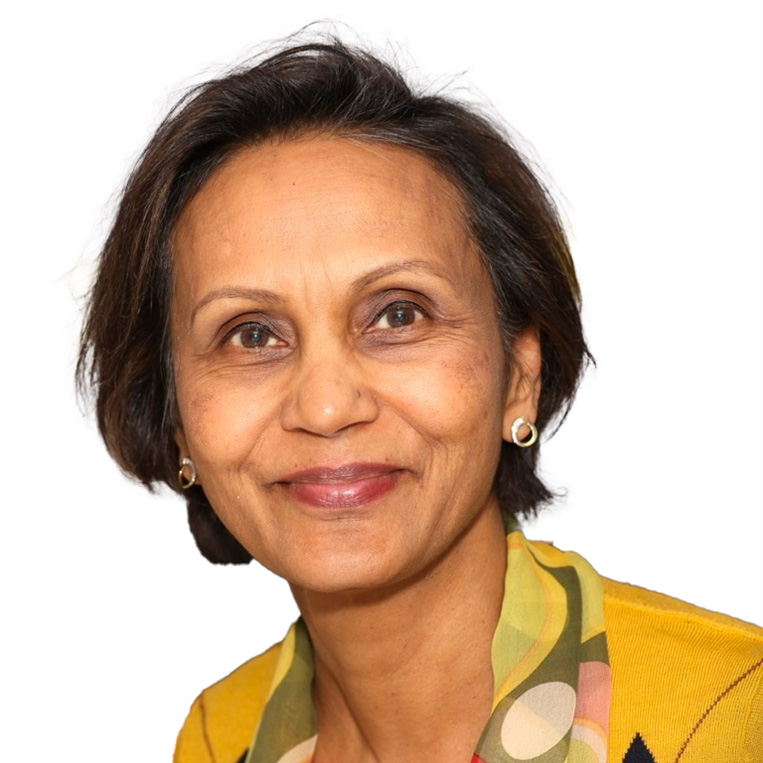Women with epilepsy
Management of women with epilepsy is a health priority with enormous implications in terms of societal and economic burden. It is a serious neurological condition affecting more than 25 million women globally. Sub-optimal care of women with epilepsy is associated with stigma and psychiatric comorbidities, as well as an increased risk of premature death.
Women with epilepsy present with unique challenges due to the cyclical fluctuation of hormone levels affecting seizure control. To date, there are no longitudinal studies of women with epilepsy, needed to better understand the current landscape, to facilitate future targeted research for greatest impact.
The influence of hormones on epilepsy is evident throughout the life course of women with epilepsy. Catamenial epilepsy is defined as increase seizure frequency with certain menstrual cycle phases. Pregnancy is a uniquely complex experience in women with epilepsy due to balancing the risks of maternal seizures to the mother and foetus with the risks of anti-seizure medications on the foetus. At the other end of the life-course, women with a history of catamenial epilepsy, seizures have been shown to increase during perimenopause and decrease at menopause.
School of Public Health, UQ
Professor Gita Mishra is internationally recognised for her expertise in epidemiology and women’s health across the life course. She leads the NHMRC Centre of Research Excellence in Women and Non-Communicable Diseases (CRE WaND) and the Australian Longitudinal Study on Women’s Health (ALSWH) a national flagship study since 1996 that has collected data on over 57,000 women in four age cohorts.
Director, Australian Women and Girls’ Health Research Centre, School of Public Health, UQ, Brisbane, Australia
Brigham and Women’s Hospital
Dr Voinescu is the executive director of Epilepsy in the Childbearing Ages through Menopause (ECAM) consortium, which has 119 members spread across 4 continents, since the inception in 2021. This is an international group of clinicians and scientists to advance optimal care for patients with epilepsy of gestational potential across their life span by fostering interdisciplinary research and clinical collaborations across participating institutions.
Director, Women’s Epilepsy Program, Department of Neurology, Division of Epilepsy, Brigham and Women’s Hospital
Assistant Professor, Harvard Medical School, Boston, USA
Epilepsy Action Australia
Epilepsy Action Australia’s mission is to deliver innovative services that increase understanding, raise awareness, develop skills and leverage research to enhance the lives of those living with the condition.
 Carol Ireland
Carol Ireland
CEO and Managing Director
Australia Women with Epilepsy
Australian Women with Epilepsy (AWE) is a grassroots charity organisation for women living with epilepsy in Australia. Their mission is to provide accessible information, education & peer support for women currently living with epilepsy in Australia to improve overall wellbeing and reduce health risks. They provide online and in person peer support group sessions and facilitate a free, national, online peer support group - accessible 24/7 to women living with epilepsy in Australia.
 Danielle Heaven
Danielle Heaven
Executive Director/Founder
 Ella Meredith
Ella Meredith
Executive Director/Founder
1. The characteristics and quality of life of women with epilepsy
We aim to use the Australian Longitudinal Study on Women's Health, a large population-based prospective cohort study, to assess the characteristics and examine the association between epilepsy and health-related quality of life over two decades in women with epilepsy.
We plan to undertake a retrospective, longitudinal study to assess the characteristics of women with epilepsy and the association between epilepsy and women’s health-related quality of life compared with women without epilepsy.
2. Women with epilepsy: peri-menopause and beyond (WELL study)
We plan to commence a prospective, longitudinal study initially at the Royal Brisbane and Women’s Hospital and then extend nationally.
Our objectives
- To better understand the relationship between hormones and seizures in women with epilepsy: peri-menopause and beyond
- To better understand the factors involved in bone health in women with epilepsy: peri-menopause and beyond
- To better understand the quality of life (QOL) of women with epilepsy: peri-menopause and beyond.
Our goals
Development of practice guidelines
Currently there are no practice guidelines specifically for women with epilepsy apart from during childbearing. With knowledge gain, we will be in a better position to create practice guidelines to improve care for women with epilepsy: peri-menopause and beyond.
Development of consumer resources
With our consumer group collaborations, the impacts will be to empower women with epilepsy to understand how being a woman can impact their epilepsy; to understand how epilepsy can affect them from peri-menopause and beyond; and to encourage the development of knowledge and self-management strategies so they are better prepared for challenges for women with epilepsy: peri-menopause and beyond.
Reduction in morbidity and mortality in women with epilepsy
Our data will also generate further insights into how to reduce co-morbidities, particularly fracture risk in women with epilepsy: peri-menopause and beyond. We also know that epilepsy has an increased prevalence of premature mortality, and this work is aimed at better understanding women with epilepsy: peri-menopause and beyond, so we can search for specific interventions that would be of greatest impact for women with epilepsy: peri-menopause and beyond.
Targeted interventions
Future research would include the design of double-blind, randomized trials for exogenous hormone replacement in women with epilepsy and other targeted strategies to improve clinical care.
ABC News: 13 June 2024

 Professor Gita Mishra
Professor Gita Mishra Dr Emma Voinescu
Dr Emma Voinescu